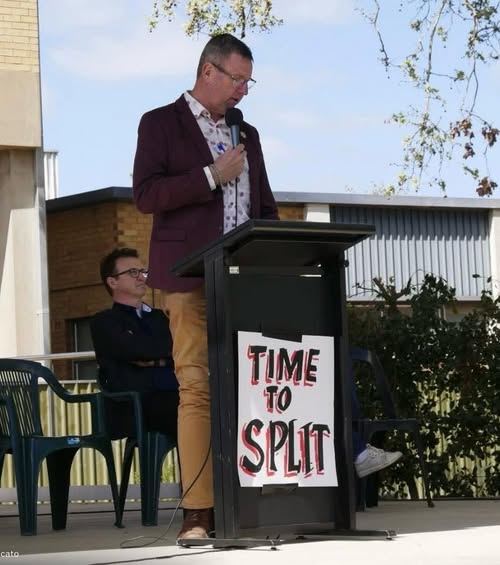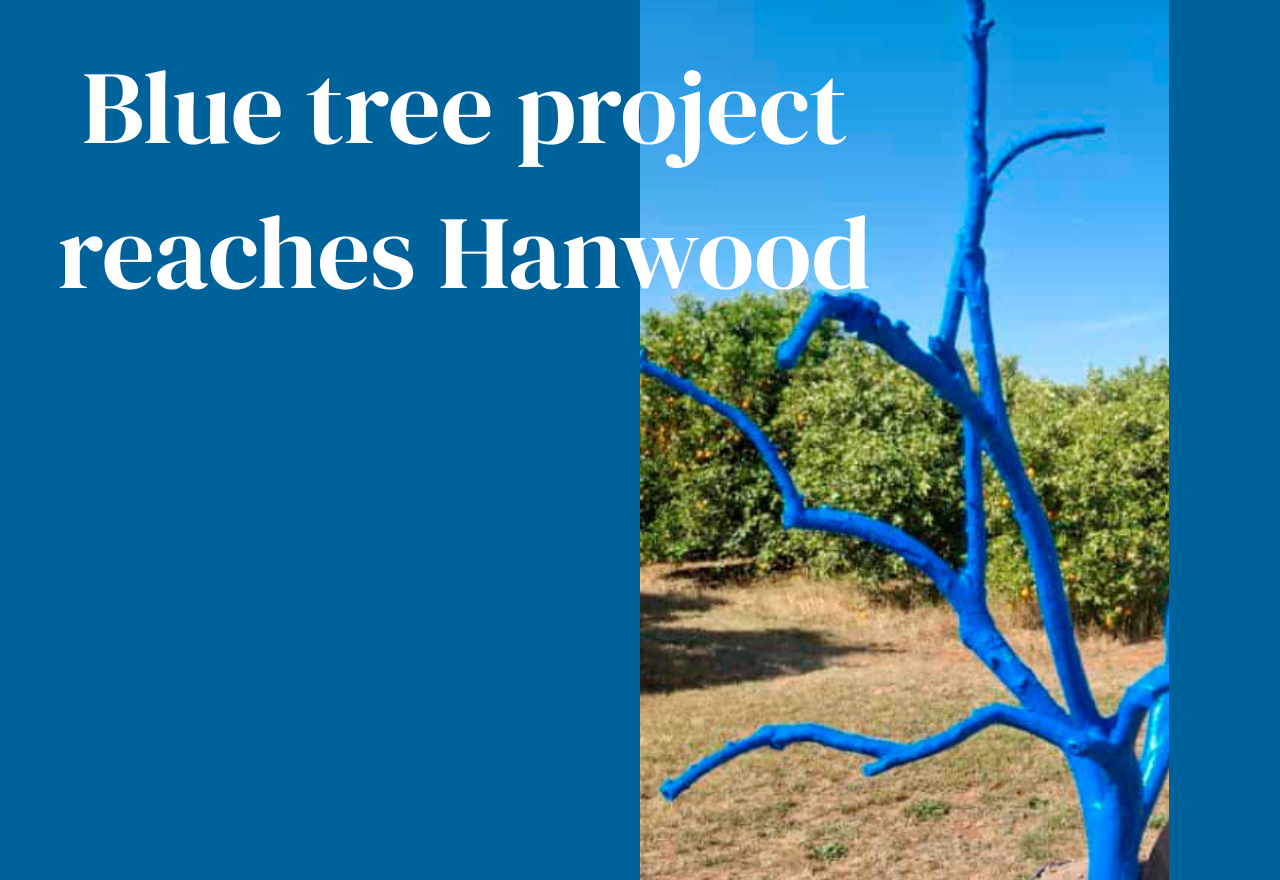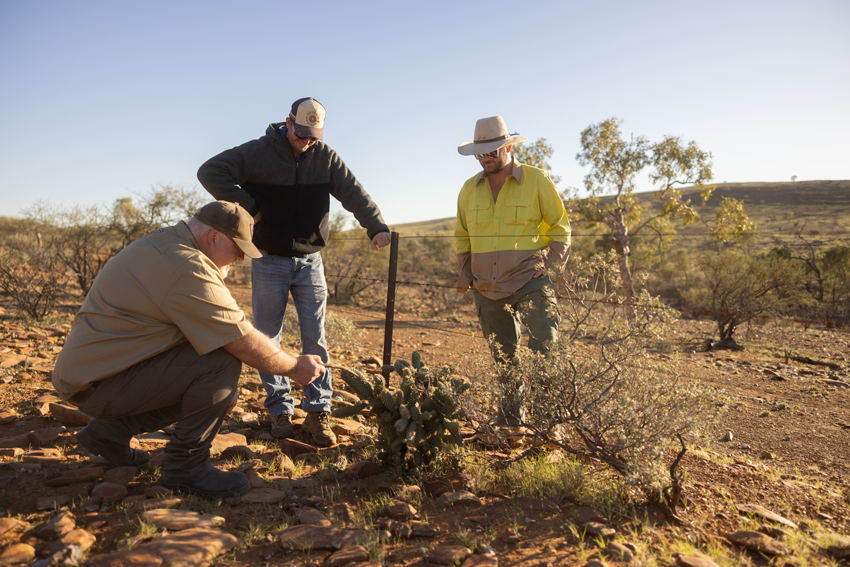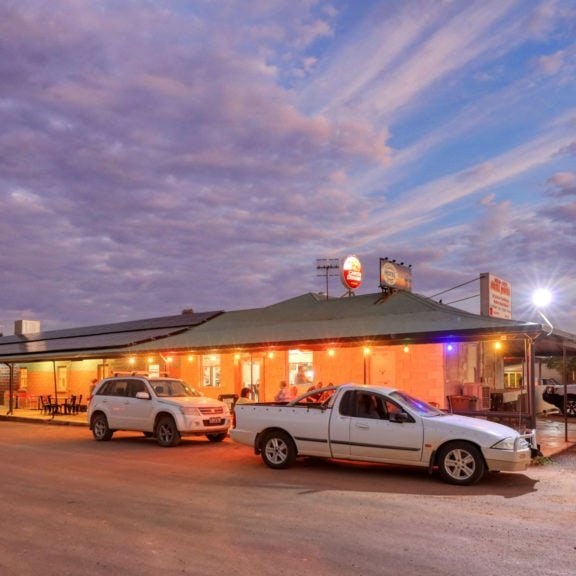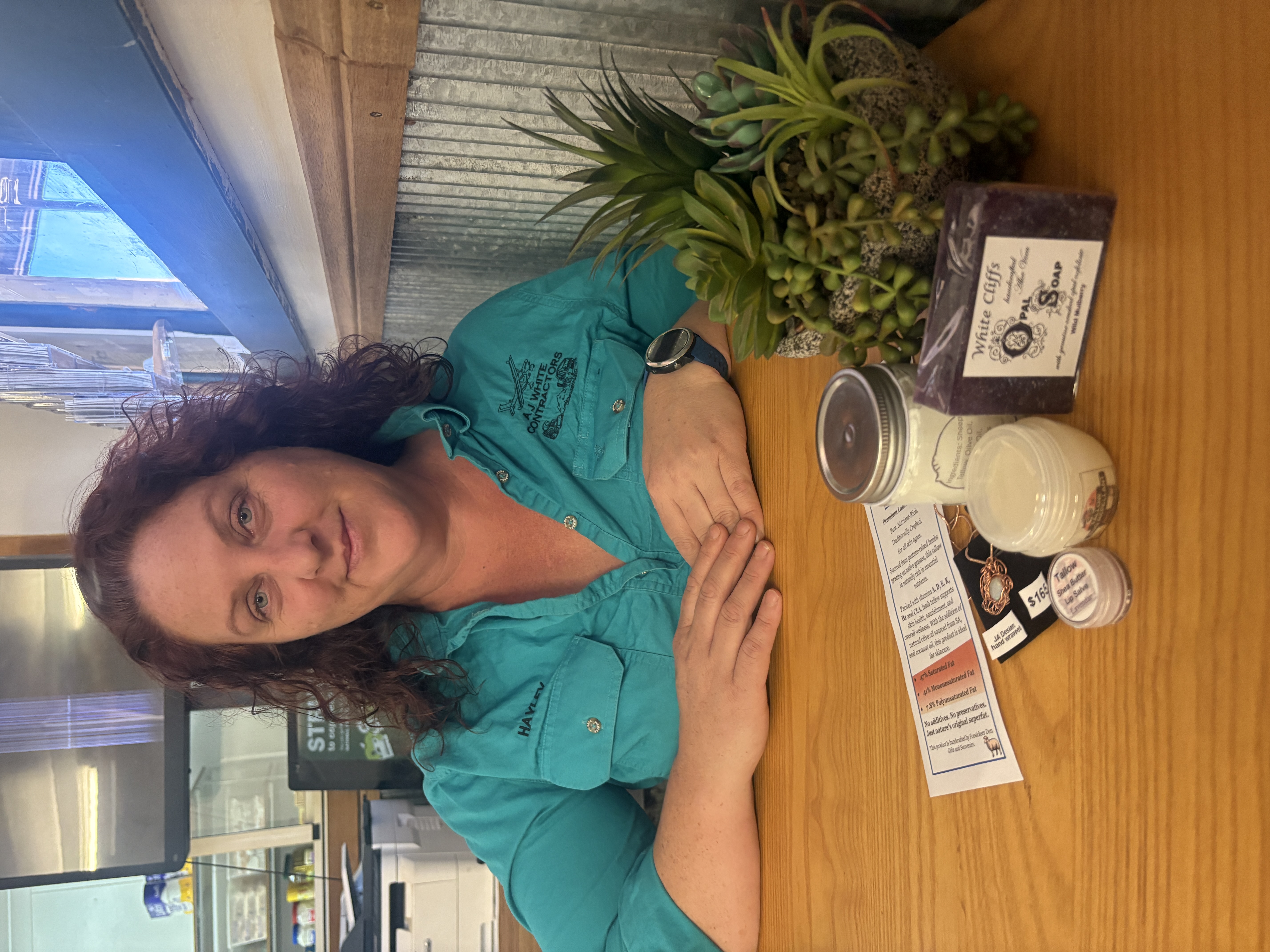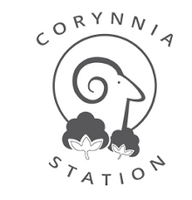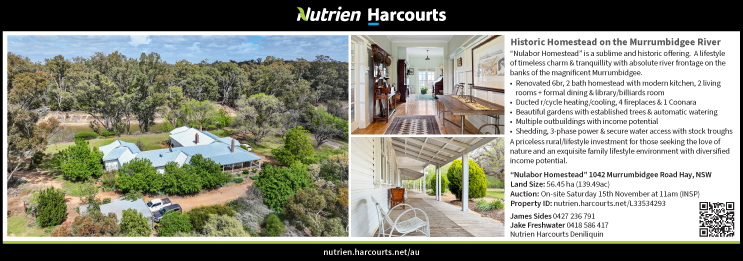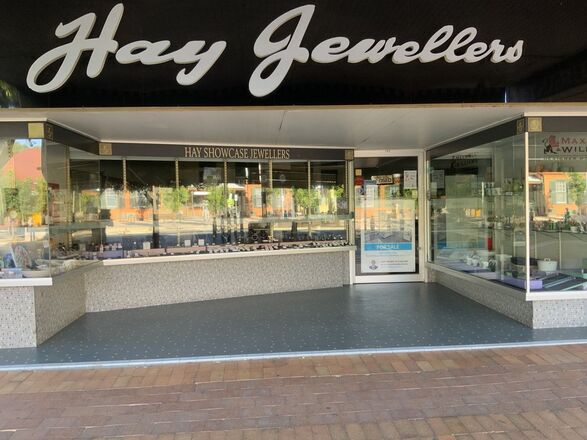Gas mining debate rolls on
Kimberly Grabham
31 October 2025, 7:00 PM
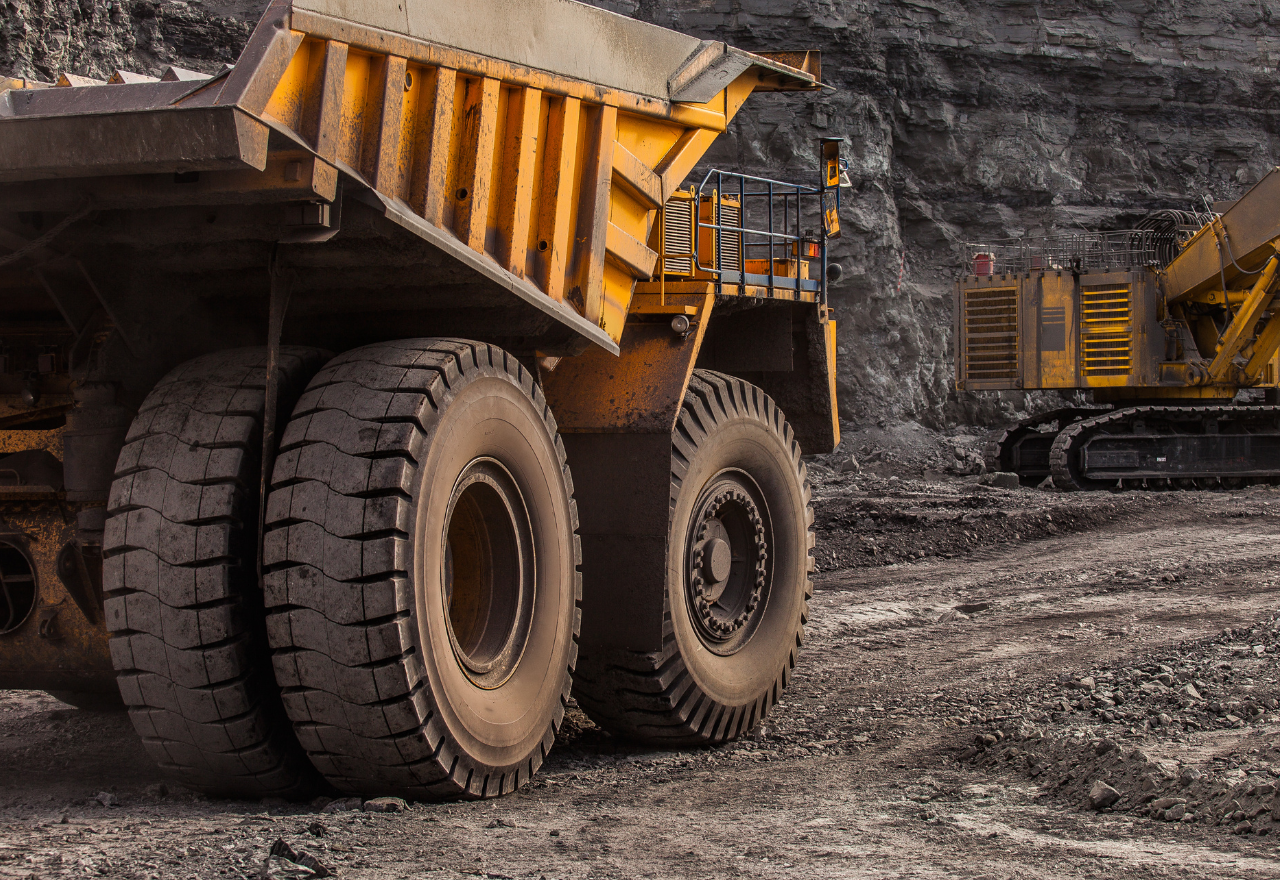
The proposed Narrabri Gas Project in northwest New South Wales has emerged as one of the state's most divisive infrastructure debates, pitting energy security and manufacturing interests against agricultural concerns and environmental protection.
Santos' Narrabri Gas Project proposes to extract coal seam gas from beneath the Pilliga region near Narrabri, with plans to drill up to 850 wells across a 95,000-hectare project area. The company has committed to supplying 100 per cent of the gas to the domestic market, with the potential to meet up to half of New South Wales' gas needs.
The project received approval from both the NSW Independent Planning Commission and federal environment minister in 2020, following extensive environmental assessments. However, implementation has been delayed by various factors including native title processes, legal appeals and difficulties securing land access agreements for associated pipeline infrastructure.
NSW Premier Chris Minns has described the project as "incredibly important" for the state's energy security and manufacturing base. In a speech to the Australian Workers' Union NSW delegates conference on Wednesday, 30 October 2024, he announced the government would consider compulsory land acquisition to progress the pipeline infrastructure if Santos and landholders cannot reach voluntary agreements.
"We need that project to go ahead because it's absolutely crucial to our industrial base," Mr Minns told the forum. He linked the project to the uncertain future of Tomago Aluminium, which employs around 1,500 people directly and supports an estimated 5,000 indirect jobs in the Hunter region.
Santos currently has land access agreements with only about a third of landholders along the proposed 413-kilometre Hunter Gas Pipeline route, which would connect the Narrabri gas field to the Port of Newcastle.
NSW Farmers has taken a strong stance against the project, with president Xavier Martin stating the organisation "does not, and cannot, support the Narrabri Gas Project" due to concerns about risks to groundwater, soil quality, air quality and local food production.
"The north west of NSW is this state's food bowl, producing healthy food and fibre, and governments must recognise this and protect our food and water security," Mr Martin said. He described the Premier's comments about compulsory acquisition as "disappointing" and a "bulldozer approach" that ignores genuine farmer concerns.
The region sits above parts of the Great Artesian Basin, Australia's largest groundwater resource, which supplies water to towns and farms across vast areas. Coal seam gas extraction involves drilling into coal formations and can potentially affect groundwater systems.
Environmental groups and farming organisations including Farmers for Climate Action, the Country Women's Association and Lock the Gate Alliance have united in opposition to the project. Lock the Gate claims more than 100 impacted property owners in the Hunter Valley oppose the pipeline's construction.
Santos maintains the project will be subject to strict environmental and groundwater protections. The company points to its experience operating coal seam gas projects in Queensland's Surat Basin and notes that the NSW Department of Planning found during its assessment that it was "difficult to reconcile the significant community concerns about the Narrabri Gas Project with the technical advice from experts that the risk of any significant impacts occurring is low."
The Gomeroi people, whose traditional lands overlap with approximately 70 per cent of the project area, have also raised concerns. The National Native Title Tribunal granted Santos permission to proceed in May 2024, but only after stipulating that gas must be exclusively for domestic use with additional cultural and environmental safeguards.
This decision came after the Federal Court of Australia overturned an earlier approval in April 2024, following an appeal by the Gomeroi in January 2023.
Proponents argue the project would bring significant economic benefits, including:
Up to 1,700 jobs during construction and 200 ongoing positions
Approximately $1.2 billion in state royalties over the project's life
A gas community benefit fund of up to $120 million for local programs
Potential to reduce energy costs for NSW households and businesses
Santos has already invested more than $1.5 billion in the project and currently produces small amounts of gas from appraisal wells to supply the Wilga Park power station, which generates electricity for the northwest NSW grid.
The project remains in limbo, awaiting final planning approvals for the pipeline infrastructure. Santos recently signed a memorandum of understanding with energy company ENGIE for the supply of up to 20 petajoules per year of gas for at least 10 years, contingent on a final investment decision and various approvals.
The Narrabri Lateral Pipeline, which would connect the gas field to the Hunter Gas Pipeline, is still in early stages of the state planning process.
The debate reflects wider tensions in Australian energy policy between the need for reliable gas supply to support manufacturing and complement intermittent renewable energy, and concerns about protecting agricultural land and water resources from resource extraction.
With NSW currently importing more than 95 per cent of its gas from other states, supporters argue the project is essential for energy security. Opponents counter that the potential risks to one of Australia's most productive agricultural regions and its vital groundwater resources are too great, regardless of the economic benefits.
As the state government considers using compulsory acquisition powers to advance the project, the controversy appears set to intensify, with both sides maintaining firmly held positions about what constitutes the best outcome for New South Wales' future.
NEWS
SPORT
RURAL
COMMUNITY
JOBS
FOR SALE
COMMERCIAL PROPERTY
